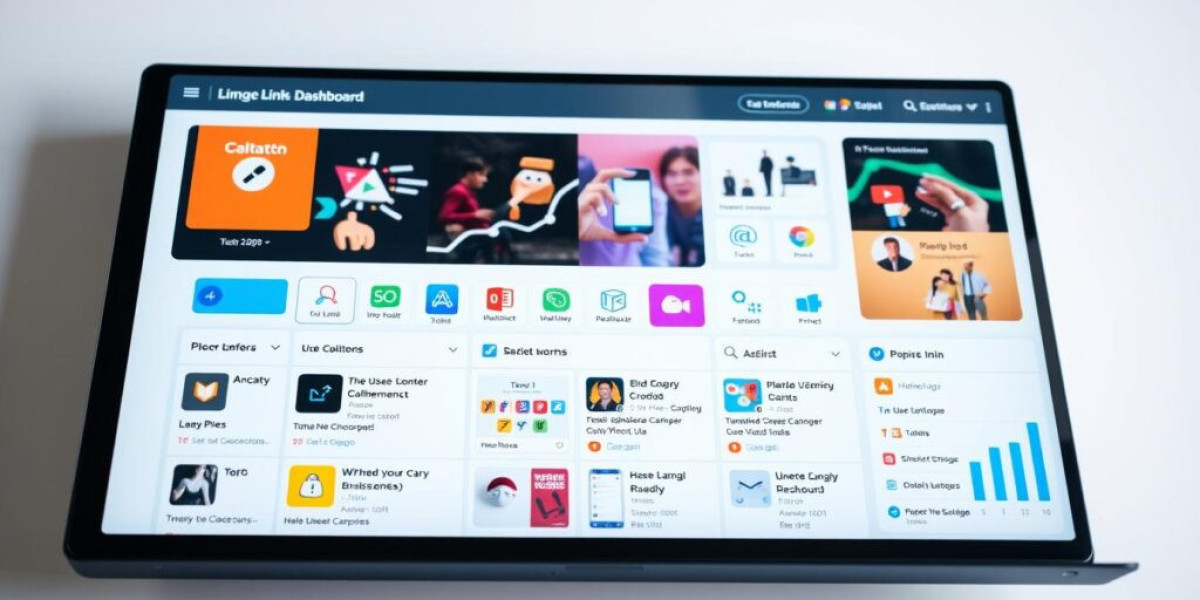Why Your Internet Plan Matters for Gaming
Online gaming requires a stable and fast internet connection. If your internet is slow or inconsistent, you may experience:
Lag: A delay between your action and the game’s response.
High ping: Slow communication between your device and the game server.
Packet loss: Missing or delayed data, causing stuttering or disconnections.
Latency issues: Slower reaction times, making competitive gaming harder.
Choosing the right internet plan for gaming ensures smooth gameplay, faster downloads, and better overall performance.
Key Factors to Consider
When looking for an internet plan for gaming, consider the following factors:
1. Internet Speed
Speed is often the first thing people check when choosing an internet plan. While gaming doesn’t require extremely high speeds, faster connections can improve downloads and reduce latency.
Minimum Speed: 3-6 Mbps for casual gaming.
Recommended Speed: 25-50 Mbps for multiplayer and cloud gaming.
Best Speed: 100 Mbps or higher for competitive gaming and streaming.
If multiple people in your household are using the internet at the same time, go for a higher speed to avoid slowdowns.
2. Ping & Latency
Ping measures the time it takes for data to travel from your device to the game server and back. A lower ping means a faster response time, which is critical for competitive gaming.
Excellent: Below 20ms
Good: 20-50ms
Average: 50-100ms
Poor: Above 100ms
To reduce ping, choose an internet plan with low latency and a stable connection.
3. Connection Type
Different types of internet connections offer different speeds and stability levels.
Fiber: The best option for gaming, offering fast speeds and low latency.
Cable: A good alternative with decent speeds but may slow down during peak hours.
DSL: Slower and less reliable, but can work for basic gaming.
Satellite: High latency makes it unsuitable for serious gaming.
5G Home Internet: Can be fast but may have stability issues in some areas.
If available, fiber internet is the best choice for gaming due to its speed and reliability.
4. Data Caps
Some internet plans have data limits, which can be a problem if you game a lot. Many modern games require large updates, and cloud gaming can use a lot of data.
Casual gaming: 50-100 GB per month may be enough.
Regular gaming & downloads: 200-500 GB per month.
Heavy gaming & streaming: Unlimited data is the best option.
If your plan has a data cap, check how much gaming you do to ensure you don’t exceed the limit.
5. Upload Speed
Most gamers focus on download speed, but upload speed is also important, especially for live streaming or online multiplayer games.
Basic gaming: 1-3 Mbps upload speed is fine.
Streaming & competitive gaming: 10 Mbps or higher is recommended.
Higher upload speeds help with voice chat, video streaming, and sending data to game servers.
6. Network Stability
A stable connection is more important than just having high speed. Frequent disconnections can ruin online matches. Look for a plan with low jitter (network fluctuation) and a reliable connection type.
How to Optimize Your Internet for Gaming
Even with the best internet plan, you can improve your gaming experience by optimizing your network setup.
1. Use a Wired Connection
Wi-Fi can be convenient, but a wired Ethernet connection is more stable and faster. If possible, connect your gaming device directly to your router using an Ethernet cable.
2. Upgrade Your Router
A good gaming router can reduce lag and improve speed. Look for a router with:
Dual-band or tri-band support to avoid interference.
QoS (Quality of Service) settings to prioritize gaming traffic.
Gigabit Ethernet ports for fast wired connections.
3. Reduce Network Congestion
If multiple devices are using the internet at the same time, your gaming performance may suffer. Try these tips:
Limit streaming or downloads during gaming sessions.
Use a separate network for gaming if possible.
Upgrade to a higher-speed plan if your household has heavy internet users.
4. Choose the Best Server
Many online games allow you to select a server. Choose the one closest to your location for the lowest ping.
5. Keep Software & Hardware Updated
Make sure your router firmware and gaming devices are updated to ensure the best performance.
6. Use a Gaming VPN (If Needed)
A gaming VPN can help reduce ping in some cases by connecting you to a more direct route to game servers. However, not all VPNs are optimized for gaming, so choose carefully.
Choosing the Right Plan for Your Needs
The best internet plan for gaming depends on how you play and your overall internet usage. Here are some recommendations based on different types of gamers:
Casual Gamers: A 25-50 Mbps plan with low ping is sufficient.
Competitive Players: 100+ Mbps with fiber or cable connection for low latency.
Streamers & Content Creators: 200+ Mbps with high upload speeds for smooth streaming.
Cloud Gaming Users: 300+ Mbps with unlimited data for the best experience.
Final Thoughts
A great internet plan for gaming is one that provides fast speeds, low ping, and a stable connection. While fiber internet is the best choice, a high-speed cable plan can also work well. Avoid plans with high latency or data caps that can limit your gaming experience.








